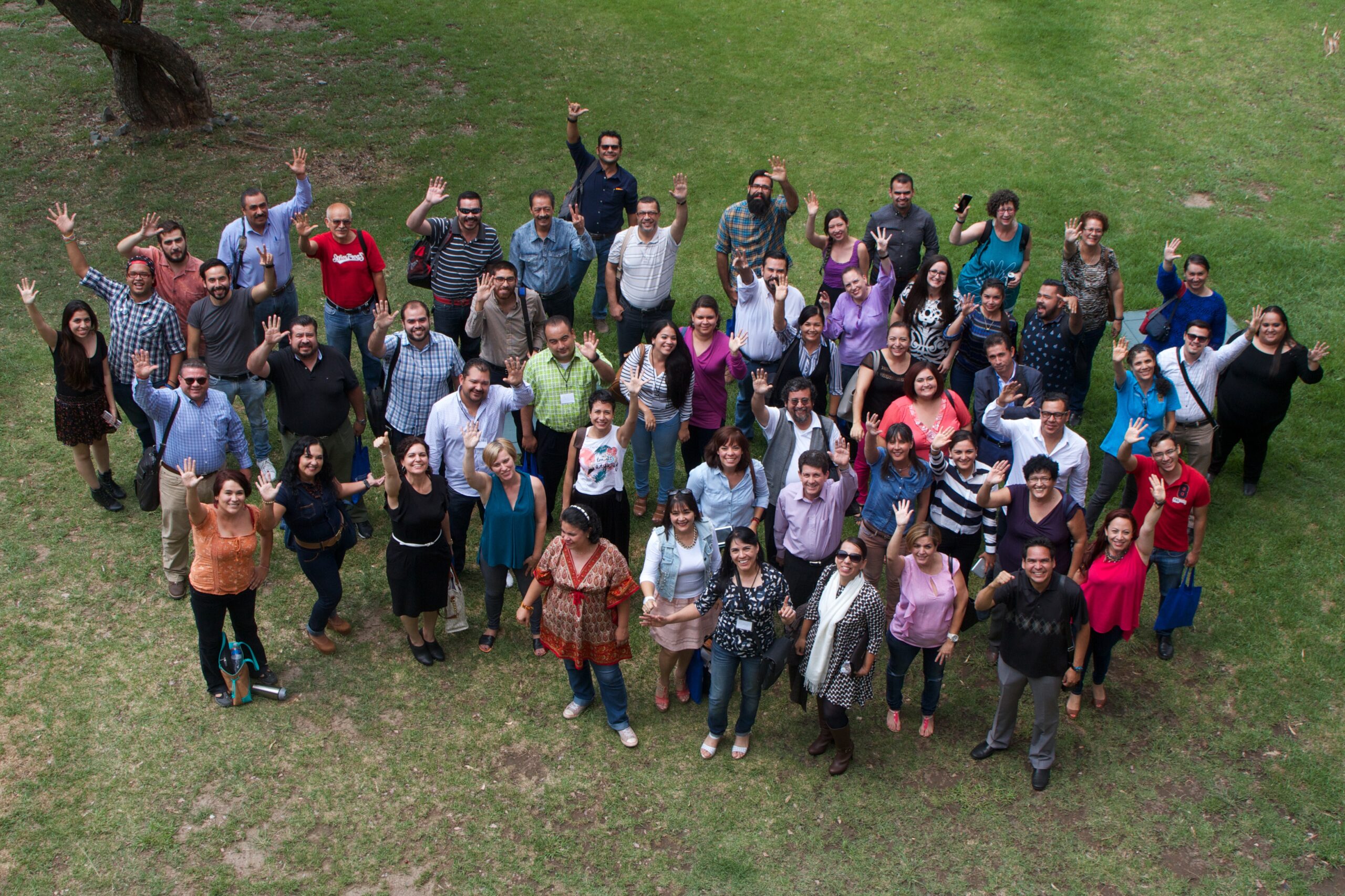The Bahá’í Faith, a religion striving for unity, peace, and social justice, offers profound perspectives on environmental stewardship through its teachings. In recent years, these teachings have inspired various initiatives, including local efforts such as river cleanups in Brazil. These events serve not merely as acts of environmental charity but as embodiments of deeper Bahá’í principles that resonate with youth and community development.
Environmental degradation presents a pressing challenge globally, one that elicited concern not only due to its immediate impact on ecosystems but also for its broader implications on human health and societal equity. The Bahá’í worldview emphasizes the interconnectedness of humanity and nature, suggesting that a harmonious relationship between the two is essential for achieving communal well-being. In Brazil, the youth-led river cleanup initiative captures this ethos, illustrating how Bahá’í principles can be operationalized in practical, impactful ways.
Understanding the Bahá’í Call for Stewardship
At the core of the Bahá’í Faith lies a profound reverence for the natural world. Bahá’í teachings advocate for the recognition of nature’s intrinsic value and the moral imperative to safeguard the environment. The Principle of the Oneness of Humanity further underscores the idea that environmental justice is inextricably linked to social justice. Thus, the clean-up initiative transcends a simple ecological activity; it becomes a manifestation of the commitment to create a sustainable and equitable future.
Engagement of Youth in Environmental Activism
Youth, often characterized by their vibrant energy and innovative spirit, serve as catalysts for change within their communities. The Bahá’í teachings encourage young people to embody active citizenship and to engage in service to humanity. The river cleanup project invites youth to participate in a tangible act of stewardship, fostering a sense of agency and responsibility toward their environment.
Moreover, the act of cleaning up a river can symbolize the cleansing of the mind and spirit, paralleling the inner transformation that Bahá’í teachings advocate for individuals. In this way, the physical action connects profoundly with the intrinsic belief in personal and communal growth.
Community Involvement and Building Solidarity
Another significant dimension of the river cleanup initiative lies in its ability to unify diverse segments of the community. Communities thrive on collaborative efforts. The Bahá’í teachings highlight the importance of collective action and the power of unity in diversity. Engaging various social groups—whether motivated by spiritual beliefs, environmental concerns, or community service—encourages dialogue and strengthens interpersonal relationships across cultural and generational divides.
As people congregate to work towards a shared goal, they build connections, understanding, and empathy. Moments like these cultivate a sense of solidarity among participants, reinforcing the belief that collective efforts are essential for societal progress. Through this lens, the cleanup transcends its original environmental objective, becoming an avenue for fostering unity and collaboration.
Education and Awareness Raising
An integral aspect of the river cleanup initiative is the educational component. Bahá’í principles stress the importance of education in fostering a deeper understanding of humanity’s relationship with the natural environment. Efforts to educate participants—particularly youth—on ecological issues, biodiversity, and sustainable practices are crucial. Such knowledge not only informs their actions during the cleanup but also shapes their attitudes and behaviors towards the environment moving forward.
Workshops and discussions can be organized concurrently with the cleanup, focusing on both environmental concerns and the ethical implications of stewardship. Education serves as a tool for empowerment, equipping participants with the information necessary to advocate for sustainable practices beyond the event itself. This aligns with the Bahá’í emphasis on education as a means to advance both individual and communal well-being.
The Broader Impact on Environmental Policies
It’s essential to recognize that localized initiatives like the river cleanup can have ripple effects that extend into broader environmental policy landscapes. The collective consciousness of participants, fostered through action and education, may translate into advocacy for systemic changes regarding environmental legislation in Brazil. Bahá’í teachings emphasize that individuals have a duty to influence their communities and governments positively and responsibly.
Such grassroots movements encourage policymakers to recognize the voices of those directly impacted by environmental degradation and to prioritize sustainable practices in their governing frameworks. This cycle of action, education, and advocacy creates a robust framework for long-lasting change that resonates with Bahá’í teachings on moral responsibility and community engagement.
Conclusion: A Vision for a Sustainable Future
The river cleanup initiative in Brazil serves as an exemplary model of how Bahá’í teachings on environmental stewardship can inspire meaningful action. Through engagement, education, and a spirit of collaboration, youth are empowered to take part in transformative practices that enhance their community’s resilience and environmental health. This initiative not only addresses an immediate ecological need but also promotes a culture of stewardship and compassion, reinforcing the fundamental Bahá’í belief in the oneness of humanity and the sanctity of the natural world. In engaging youth in such impactful ways, the Bahá’í community continues to lay the groundwork for a sustainable, united future, aligned with its core values of justice, unity, and service to humanity.
